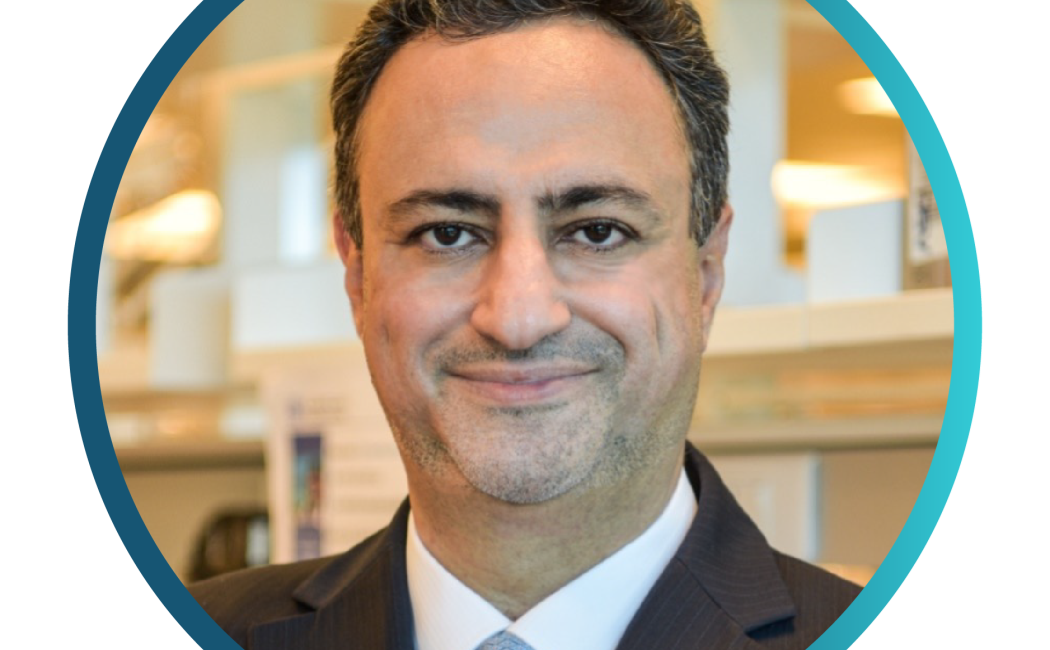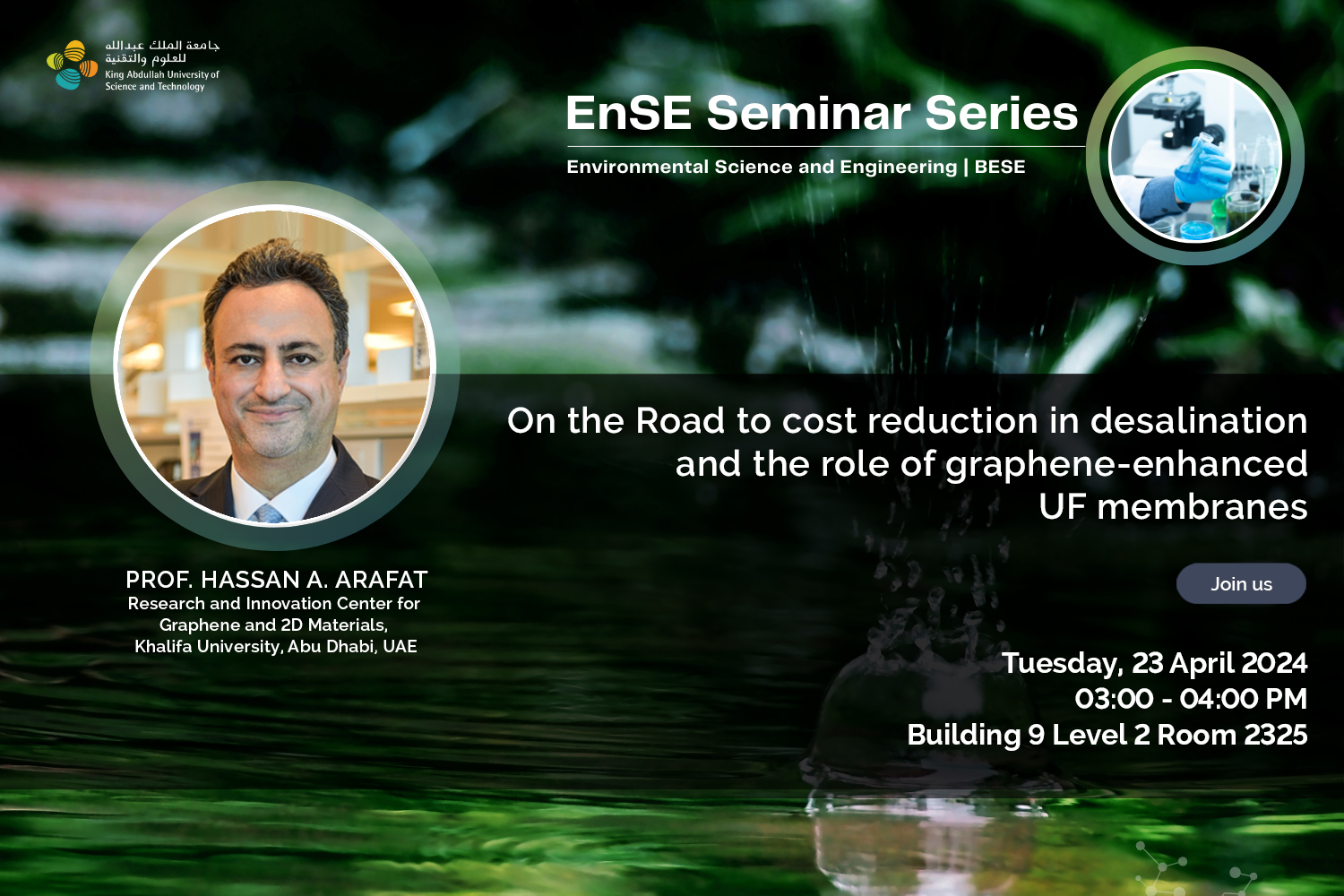



As the world struggles to cope with its water scarcity problems, the proliferation rate of seawater and brackish water desalination has increased exponentially over the last 30 years and is emerging strongly as a global solution for the water shortage problem. Desalination, which started as an expensive and energy-inefficient process in the sixties of the last century, has undergone tremendous improvements in the last 25 years. Many innovations contributed to a significant reduction in the price tag of desalinated water. Following the wide adoption of the membrane-based reverse osmosis (RO) technology, innovations such as pressure exchangers, high throughput and low-energy RO membranes, and membrane-based pretreatment systems, have all contributed to the said cost reduction. In recent years, desalination also benefited from the spectacular drop in solar energy cost, especially in the Middle East region. Dubai Electricity and Water Authority has recently signed a contract to pay just below US 37 cents per cubic meter for desalinated seawater from its latest Hassyan desalination plant in the United Arab Emirates. But these desalination cost cuts have left utility firms in the Arabian Gulf region thirsty for more. And, indeed, more cuts can be made, which would put not just the Middle East, but the whole world on track for solving its water scarcity problem. To achieve this, many incremental, small cost-saving measures need to be made. These measures span the system level, process level, and equipment level. An example of the latter is new UF membranes to be used in the pretreatment process within RO plants.
A major challenge in membrane filtration is fouling, which reduces the process's performance. Thus, high performance membranes with superior fouling resistance are in demand to overcome the fouling problem encountered during pretreatment. To achieve this goal, we synthesized hybrid ultrafiltration membranes using functionalized graphene oxide: sulfonated poly (ether ether ketone) polymer chains grafted graphene oxide (SPK-g-GO) or polydopamine-coated graphene oxide (PDGO), commercial poly(ether sulfone) and sulfonated poly (ether sulfone; SPES)) via the non-solvent induced phase separation (NIPS) method. Hydrophilic and charge tunable hybrid UF membranes were finally produced. The rate of water penetration into the membranes matrix was tunable with the progressive addition of functionalized GO into the matrix of PES or SPES membranes. The hybrid membranes were competent in rejecting natural organic matter (NOM) in the feed solution. A remarkable improvement in fouling resistance efficacy of the hybrid membranes was observed during the cyclic filtration of NOM solution. Both reversible and irreversible fouling efficiency were significantly reduced with the loading amount of functionalized GO into the matrix of hybrid membranes.
Dr. Hassan A. Arafat is the Senior Director of the Research and Innovation Center for Graphene and 2D Materials (RIC2D) and a professor of chemical engineering at Khalifa University (KU) in Abu Dhabi, UAE, where he has been working since 2010. His current research interests include membrane-based desalination and the development of novel membranes for water applications. He is also an expert on “sustainable desalination,” an approach that integrates multiple interdisciplinary tools to enhance the prospects of deploying desalination for achieving water and food security. The sustainable desalination concept was first introduced in 2017 in Prof. Arafat’s book: “Desalination Sustainability: A Technical, Socioeconomic and Environmental Approach”. Prof. Arafat received a Ph.D. and BSc in Chemical Engineering from the University of Cincinnati (USA) (2000) and the University of Jordan (1996), respectively. From 2000 to 2003, he worked at Argonne National Laboratory (USA) on separation process development for nuclear waste treatment. Between 2003 and 2010, he was a faculty member of the Chemical Engineering Department at An-Najah University (Palestinian Territory). Between 2009 and 2012, he served as an adjunct associate professor of the Biological Engineering Department at Utah State Univ. (USA). In 2010, he spent six months as a visiting professor at the Massachusetts Institute of Technology (USA). Between 2018 and 2022, he was the director of the Center for Membranes and Advanced Water Technology (CMAT) at KU.
He is a recipient of several prestigious research fellowships from the US National Academy of Science (USA), the Open Society Foundation (USA), and DAAD (Germany). Throughout his career thus far, he supervised 58 postdoctoral fellows and graduate students and received 29 research grants, totaling more than $16M. His research was published in 280+ book chapters, journal papers, and conference presentations, in addition to two US patents. He was invited to deliver over 60 keynote and invited talks worldwide. Among other honors, Prof. Arafat received the Khalifa Award for Education, presented by the President of UAE, the Mohammad Bin Rashid Medal for Scientific Excellence, presented by the Prime Minister of UAE, the United States Department of Energy Secretarial Honor Award, the Mondialogo Engineering Award by Daimler AG and UNESCO, and the University of Cincinnati Distinguished Dissertation Fellowship. He is a member of the selection committees of the prestigious Zayed Sustainability Prize and the Mohammed bin Rashid Al Maktoum Global Water Award. In 2021, he was granted the United Arab Emirates (UAE) Citizenship by nomination of the UAE’s Prime Minister Office in recognition of his accomplishments and service to the UAE.